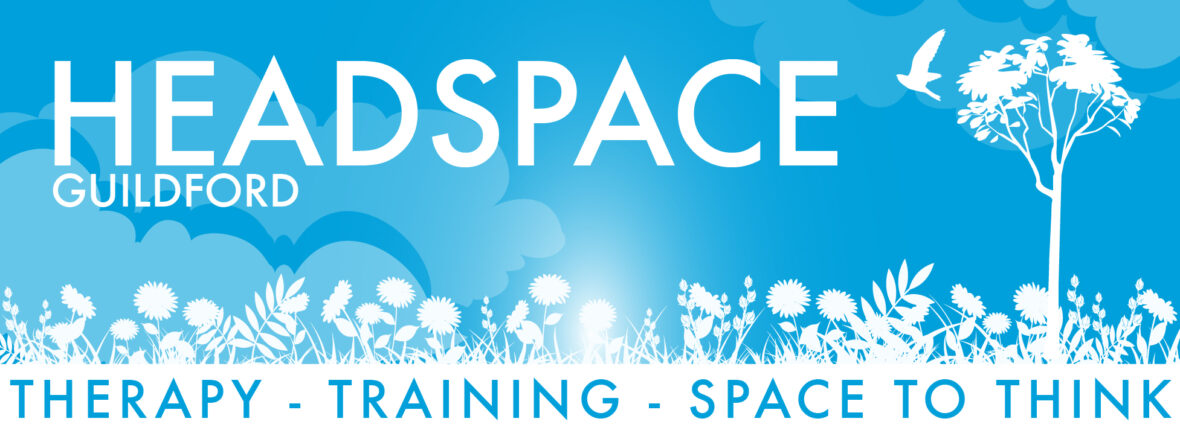Let’s face it. People are nervous, anxious or downright scared at the moment. So, I wanted to write today about anxiety, because I’m seeing so much of it around at the moment. The reason I’m focusing on this is that whilst only a small percentage of us are going to contract coronavirus and a tiny number of those will be seriously ill, most people are feeling worried about it. For me the impact on people’s mental health is what I’m most concerned about.
In this time of focus on illness and daily international and national updates which can hype us up further, I thought thinking about anxiety might be helpful. Here are some things that happen when we get anxious and how they impact us in this situation:
- Our thinking brain is harder to access – essentially it shuts down a little bit. This is because in situations of real danger (e.g. coming face to face with a tiger or a double decker bus) we need to react quickly, not think, which takes much longer. In the current situations it might make us panic buy or walk out of a shop when we hear someone cough without really thinking about what we’re doing on weighing up the pros and cons.
- When we’re worried we become ‘hyper vigilant’ – this means we over-focus on the things we are worried about. This might mean listening hard for any coughs or sneezes when we’re out or it might be noticing every time we feel even a tiny bit unwell
- We misinterpret the evidence – The hypervigilance can mean we then stay paying attention to a symptom which at another time we might notice and dismiss. For example, say we feel a little tired we might normally put this down to a busy week or a late night. When we’re over-focused on illness and danger we might think that we’re tired because we’re getting ill and that it’s a sign something is wrong.
- The other thing that happens with anxiety is that it can give us physical symptoms, like shortness of breath or faster heart beat or feeling hot and getting sweaty or feeling dizzy. This happens because when we’re anxious our body can produce adrenaline and this sets our body up to ‘fight or flight’ mode, which prepares us for physical action by getting more oxygen into our body and pumping it round faster. This is a normal reaction and luckily, because adrenaline is short-acting, we can ride the wave of this and wait until it passes.
- We might notice that anxiety has an impact in other areas of our life. For example, we might be distracted or find it hard to concentrate. Or. Or we might get frustrated more easily.
- We might be grumpier with our family or friends than normal. When we are anxious, because our brain is not thinking so clearly (see point 1 above) we can find it harder to see things from someone else’s point of view. So, we might argue more than normal or feel cross with people because we haven’t been able to use the bit of our brain that helps us think about what’s going on in the minds of others.
I’m writing all this, because it you know what’s going on then perhaps it doesn’t feel so scary. What happens with anxiety is that first we get anxious (and perhaps experience some or all of the above). Then we get anxious about feeling anxious, perhaps misinterpreting the fact we are ill or thinking we’re weird or pathetic for feeling this way. If we understand more about how anxiety works then at least we’ve just got the anxiety to cope with instead of coping with the anxiety and the anxiety about the anxiety.
Next week I’ll talk more about what we do once we notice this. But the first step to managing anxiety is to notice it and label it as anxiety (quite literally ‘oh look, I’m feeling pretty anxious right now’ or ‘my heart beating like that is showing me I’m anxious’). So do practice doing that and see this as the first step in managing things at this time.
Take care of yourself and of others. Pulling together at scary times is what will get us through.
